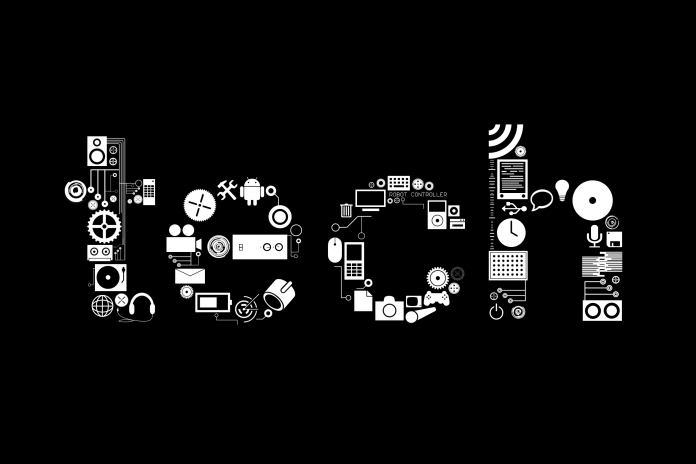
"Flexi Wit The Tech" is a weekly column looking at projects, people, and events shaping the blockchain. All opinions are presented merely for consideration and are not to be taken as legal or financial consultation. It is meant to be a platform to stimulate others to do their own research on blockchain technologies. Please engage accordingly.
One of the things that I found myself talking to people about pretty frequently in 2017 was the concept of value. A lot of what is happening in the digital realm with bitcoin and other cryptocurrencies has put the concept of what something is “worth” and inherent value on the front line. There are a couple of different ways of looking at the factors that determine value in today’s economy which is very different in many ways (yet similar in others) to conventional notions of valuation.

“One person’s trash…”
The most basic rejection of the inherent value of things that we humans desire lies in the popular idiom “one person’s trash is another person’s treasure”. It’s a true statement. There are many different reasons that people assess value to things, but it is most often driven by our own needs, wants, and desires.
One of my hobbies is collecting vinyl records and that market highlights the wide gulf between those who have and those that want. People will pay hundreds of dollars for an obscure record from an artist that almost no one has ever heard of. The same is true with books and other items that are produced in finite amounts. The scarcity of those items gives them value as the rules of supply and demand dictate that prices get higher when more people want something that’s in limited supply. On a base level, that is one of the reasons that bitcoin’s price is reaching astronomical levels: people wanting to buy something that is in limited supply that many owners do not want to sell.
Why free social platforms have high market value
It seems strange to many people that platforms like Instagram and Twitter that are free and don’t charge any money are often valuated so highly. Within the past few years they started selling advertising placement, but there was a time when IG, Twitter, Facebook and similar platforms were valuated in the billions while not charging anyone a dime while also not selling advertising. There are many things that factor into those mythical algorithms, but the most valuable element in any of those platforms is your attention.
Your eyes, mind, and focus as a consumer on whatever retail entities put in front of you is the most valuable commodity on the interwebs. And by retail entities I mean anyone trying to sell you material things, ideas, or positions. The average person is completely oblivious to the fact that their presence alone in the digital realm has a high financial value. Facebook bought Instagram in 2012 for $1 Billion when IG had no revenue streams for making money. But they had the attention, pictures, login info, and contact emails of 30 million users. In April 2017 IG was assessed to be worth $65 Billion. That value is in their ability to get people’s attention on their app and put advertisers products in front of your eyes. The content that you provide in posting pictures, stories, memes etc. has value that is passing through you and directly into corporate pockets. It’s happening in every consumer realm with services like Spotify being at the forefront of milking consumers and the music industry of their earned dividends by providing a platform that gets people’s attention (audio seduction is just as effective as visual) while underpaying the creators for their content. These businesses are pass throughs for real money that should be either staying at home with the “end user” or going directly to the creators of the content.
Decentralized Solutions
Decentralization via the blockchain is going to go a long way to putting the power (and money) back into the hands of the people that create, curate, and consume content on the internet. At the heart of decentralization is the ability to reclaim and actualize your individual value. That is one of the things that brought me to the steemit platform, as it is a decentralized social network that rewards both people that post and people that comment on posts. It is a more democratic, inclusive,and fair way for people to interact in the 21st century.
Other decentralized platforms like Discord, which is a free talk and messaging app, aren’t built on the blockchain but deliver direct, peer to peer communication that eliminates the watchful eyes and ears of marketers and others that use your content choices to build profiles of you that they then sell to advertisers. QLink is an already existing company that is working on moving decentralized wireless communication assets to the blockchain to allow consumers better rates and packages on cable, phone, and internet services. I’m not sure how that is going to work but that is the exciting part of all of this to me: watching the development and implementation of these disruptive technologies that have the ability to change the way that we operate and interact with each other throughout this millennium.
The Takeaway
DApps (decentralized apps) like QLink, Steemit, and many others are looking to build a better tomorrow that allows more honest exchange of value. We are at truly at the forefront of a new era that will allow us to be closer to each other in ways that the world has never experienced before.
What do you think the future of social media is? Will we get to a point where content creators and curators are getting compensated for their selective eye?
